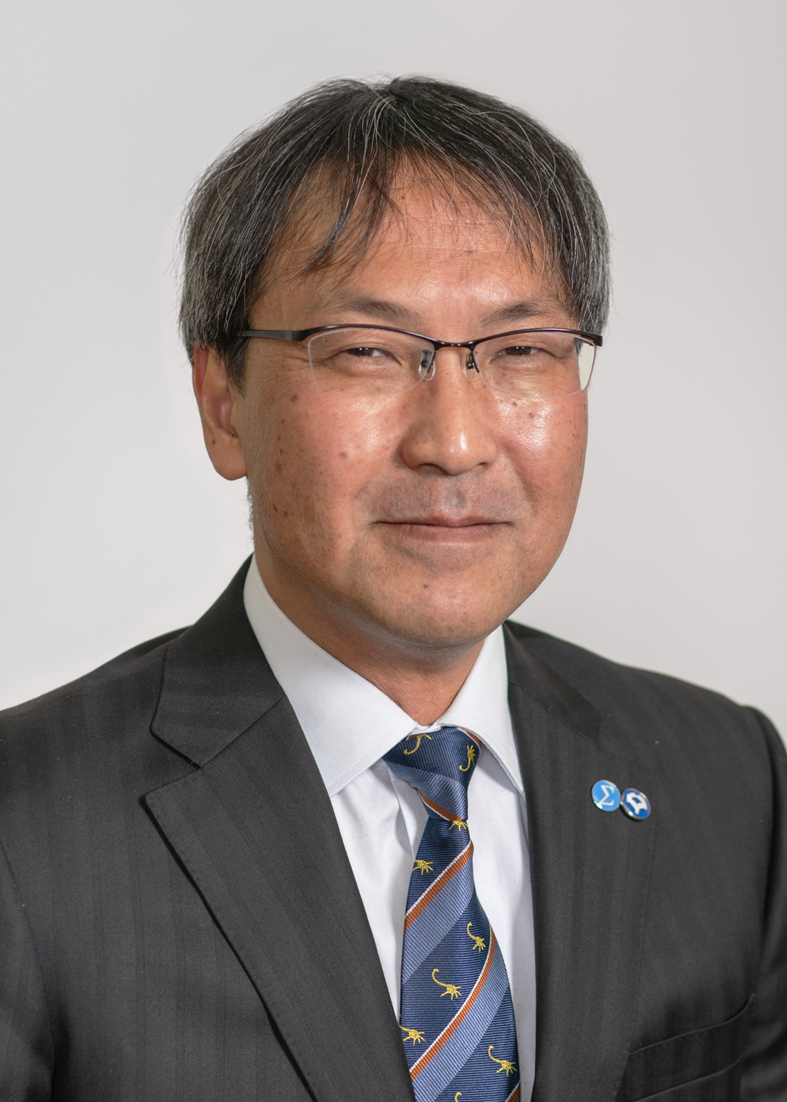Message from the Dean
Philosophy of the School/Graduate School of Engineering Science: Towards Past Achievements and Future Development

The School/Graduate School of Engineering Science upholds the philosophy of "fundamentally developing scientific technology through the fusion of science and engineering, thereby creating the true culture of humanity." Based on this philosophy, we have developed education and research ranging from the pursuit of scientific principles that form the foundation of engineering, to their systematization, application to technological development, and interdisciplinary fusion, pioneering new academic fields. Furthermore, we have contributed to the development of modern society by producing talented individuals equipped with perspectives from both science and engineering.
"Engineering Science," which forms the name of our school and graduate school, is different from "Science and Engineering." It implies not only deepening basic scientific principles but also creating new research fields through the fusion of both science and engineering. In this sense, Engineering Science is not merely "the basics of engineering" but can be considered as a science in itself. We have extended this interdisciplinary fusion beyond engineering and science to fields such as life sciences, medicine, information sciences, humanities, and social sciences. More than sixty years after the school's establishment in 1961, interdisciplinary fusion has come to be recognized as indispensable for solving increasingly complex and diverse social issues on a global scale, raising expectations for Engineering Science. Currently, our graduate school is promoting original interdisciplinary research that will bring about future social changes, including: new material and functional exploration in quantum materials science based on the fusion of physics and chemistry; spintronics and quantum computing that will lead the next generation; robotics aiming for a symbiotic society between humans and intelligent systems; bioengineering supporting medical care and welfare; and mathematical data science as the foundation for information utilization.
Our institution consists of an undergraduate school with 4 departments and 10 courses, a graduate school with 3 departments and 11 divisions of study, and 5 affiliated research centers. Here, we have an educational foundation that emphasizes traditional basic sciences, a research organization covering diverse specialized fields, and an organizational culture that creates new interdisciplinary fusion fields by connecting research from different specializations. Through this structure, insights gained from interdisciplinary fusion research are fed back into basic and applied research in individual specialized fields, leading to both the deepening of existing disciplines and the creation of new academic fields. These achievements are constantly reflected in undergraduate and graduate education, as well as education for working professionals. Moving forward, while preserving the traditions of Engineering Science, we aim to further develop it by incorporating cutting-edge research and societal needs that advance with the times, all while pursuing our goal of "creating the true culture of humanity."
Dean
Prof. Akira Sekiyama, Dean of the Graduate School/School of Engineering Science